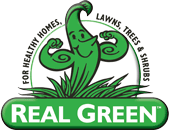




















 |
Bermuda Grass
Bermuda grass, Cynodon Dactylon, is the turf grass
that is widely
adapted in Texas. It is a narrow-leaved, vigorous perennial, with both above
ground and below ground creeping stems. It is drought tolerant and spreads
rapidly. Common bermuda grass is less troubled with turf diseases than many
other turf grasses. Bermuda grass as a turf grass: does not grow in shade;
turns brown after frost in the fall and does not become green until after
the last spring freeze; and is more of a nuisance than other
turf grasses in flower beds an gardens because of the rhizomes. Different
varieties of Bermuda have different genetic potential for color and density. All Bermuda
grass is highly susceptible to
weeds and careful planning must occur for prevention. All hybrid Bermudas
require a high level of fertilization to maintain health and color.
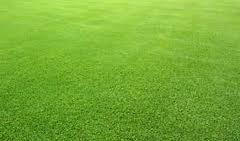
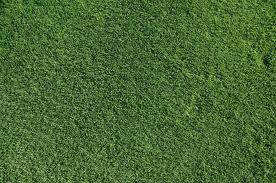
Common Bermuda
Hybrid Bermuda
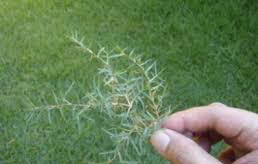
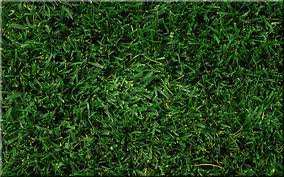
Bermuda Stolen
TifSport Bermuda
Common bermuda grass is the most practical bermuda grass for the average
homeowner because seed is readily available and inexpensive. In addition too
common bermuda grass, Tiflawn, Texturf-10, U-3, Tufcote, Tifsport, Tifway, Tifgreen
and Tifdwarf may be used for lawn turf. Tiflawn is an aggressive hybrid
bermuda grass developed at the Georgia Coastal Plain Experiment Station in Georgia. It has about the same size leaves and stems as
common bermuda grass and forms a dense turf when properly managed. This grass
generally is considered for use on heavily used areas, such as football
fields. Texturf-10 bermuda grass was developed by the Texas Agricultural
Experiment Station as a medium-textured, dark green variety that is more
wear-resistant than common bermuda grass. Texturf-10 bermuda grass is very
sensitive to chlorinated hydrocarbon pesticides. U-3 is a strain of common bermuda grass selected in Savannah, Georgia. U-3 has finer stems and leaves
than common bermuda grass. The strain is more cold tolerant, but not as wear
resistant as Texturf-10 and Tifway bermuda grass. Tufcote bermuda grass is a
selection released by the Maryland Agricultural Experiment Station and the
USDA in 1962. Tufcote is more cold tolerant than common bermuda grass.
Tifway bermuda grass was selected by The Georgia Agricultural Experiment
Station for its fine texture, dark color and density. Tifway has an upright
growth habit and stiff leaves and might be the best choice of the hybrid bermuda grasses for lawn use. Tifgreen and Tifdwarf bermuda grasses are
fine-textured, vigorous hybrids that make a dense, weed resistant turf when
mowed closely and frequently. These are very high maintenance turf grasses
and should be used only where intensive maintenance is practical. Reel-type
mowers that can be adjusted to less than 1-inch mowing height are required
for these grasses.
Free analysis and price quote
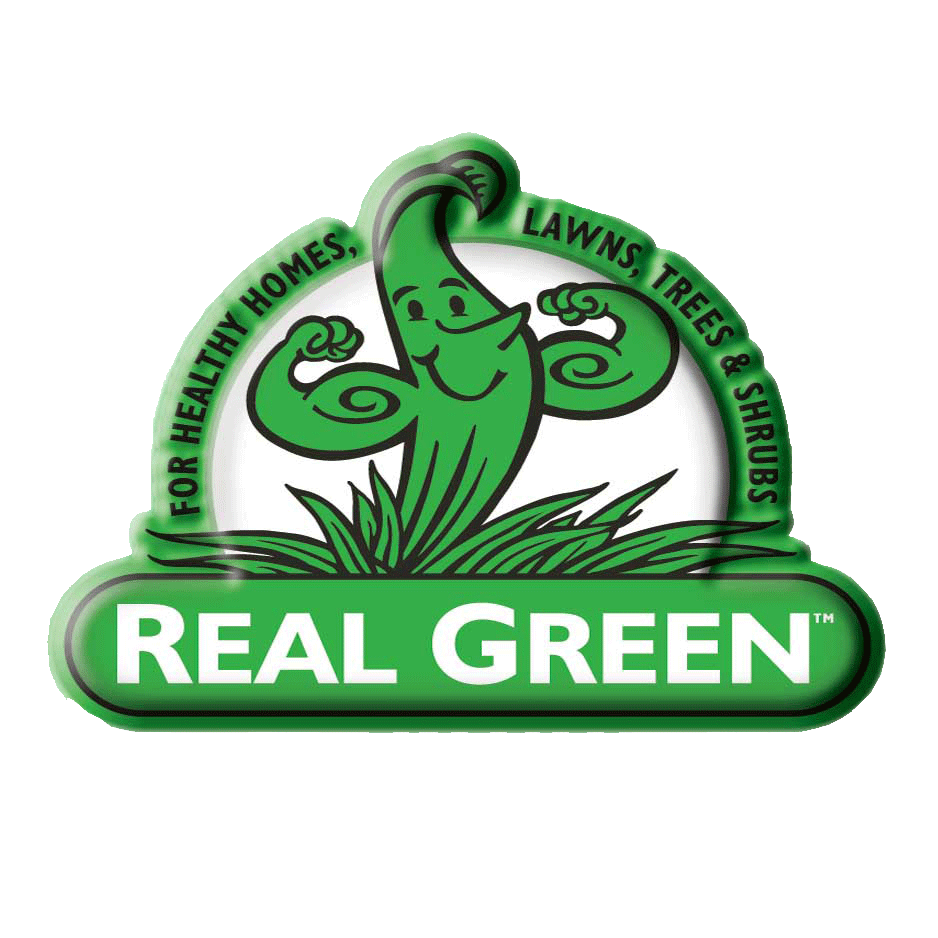 |
